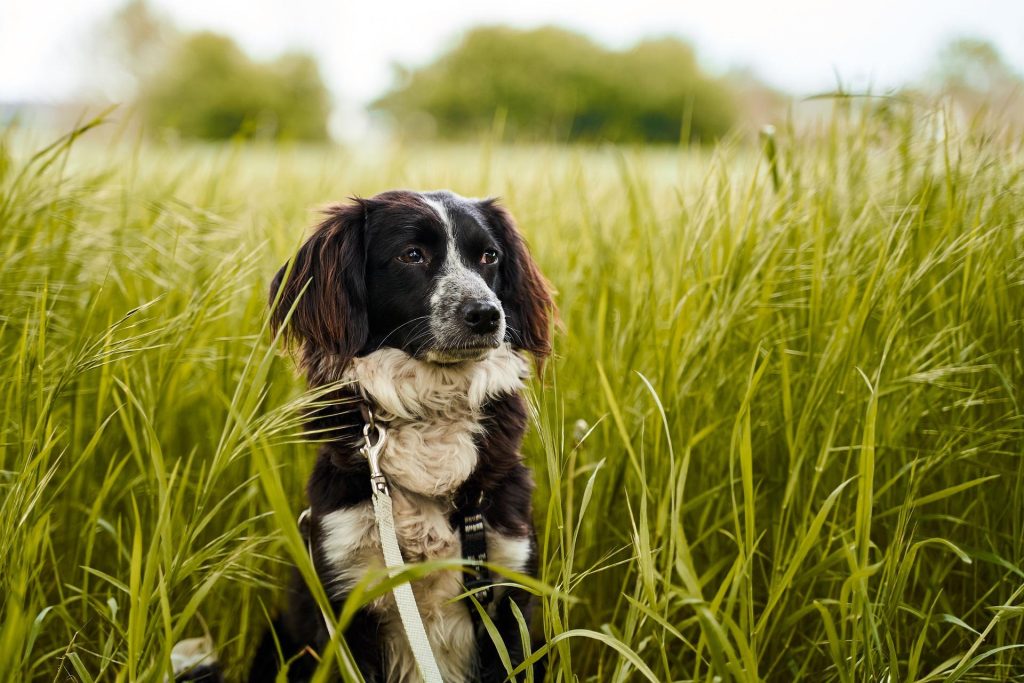It appears that the disease may be caused by a bacteria— the species may have been living in dogs for thousands or millions of years, but has only been recently come to our attention as a possible disease vector
Here is our original position from November 20, 2023.
Here, as of December 7, 2023, is the New York Times hedging on their original alarmist piece of November 19. First, they gin up panic, then publish an article to decry the panic they created…
As we work to track this issue, I found an article I hope will be helpful. I encourage you to read the article. David Needle, senior veterinary pathologist at the University of New Hampshire, is the primary source and his original press release is even clearer than the article in Wired.
Here is another story from NPR. This quote stands out:
“It’s entirely possible that there are just a ton of different bugs and viruses causing disease in different parts of the country,” says Dr. Jane Sykes, a professor at UC Davis School of Veterinary Medicine who focuses on infectious disease. “We just have to be a bit careful about panicking.”
Not only do we not have evidence of a new pathogen, we don’t have any evidence of an increase in respiratory infections among dogs.
Despite all the attention on individual cases, there’s nothing at this point “that would indicate there’s a national outbreak, anything that would indicate these are all medically connected to each other,” says Dr. Silene St. Bernard, a regional medical director for VCA Animal Hospitals, which runs more than a thousand hospitals in the U.S. and Canada.
For me, the key takeaways from these articles are:
- The disease has not been identified or confirmed. There is a chance there is no disease at all: no bacteria, virus or fungi has been named.
- This condition is almost certainly not caused by a virus, meaning that we likely will be able to control the infection with antibiotics once it is identified (assuming that there is in fact a bacteria associated with a new illness).
- The bacteria (assuming that this hypothesis is confirmed) is likely not new. The condition may be.
- Only dogs with pre-existing conditions are in serious danger, or if the disease morphs into pneumonia, as with any disease, that can be a serious complication.
- Clinical Signs: Clinically the cases present similarly to other canine respiratory diseases such as kennel cough.
- The idea that the disease is fatal or extremely serious or linked to a high degree of mortality in healthy dogs does not appear to be close to true.
Dr. Needle says, “The thing we found … it seems like it would be something that is really host-adapted and has evolved along with its host for a very long time — like thousands and thousands of years.” The suspected bacteria is “not popping up in other animals or people now.” He theorizes that, having long coexisted with dogs, the potential pathogen at some point evolved the ability to cause disease, “either by mutating or acquiring a gene from another bacteria.”
So, perhaps, there was a bacteria living in dogs for a long time, not causing any trouble, just living. Now, maybe, it changed and is causing a disease. This is a possible explanation. If true, I wonder if a test for the disease will be a long time in coming, as maybe most or all dogs would test positive for the benign version of the bacteria.
Our approach
Generally, our approach is not changing fundamentally based on this updated information at this time. There remains no reason to radically change the way we operate or recommend that people not board their dogs. There are no confirmed cases anywhere and no suspected cases in New York. As best we can tell, preventing the disease from morphing into pneumonia will likely ensure the recovery of almost any healthy dog.
Weaker dogs
Dogs with existing respiratory conditions or who are otherwise weak with compromised immune systems and may be more vulnerable. These dogs, if they come to camp and we are able to identify them as weaker in this regard, such as senior dogs, will be isolated and under more intense observation. All dogs will be inspected regularly and any disease will be reported immediately. We will do follow up with all dogs that go home.
We are on the alert for symptoms, which are similar to kennel cough.
Thank you — we will keep everyone posted.

